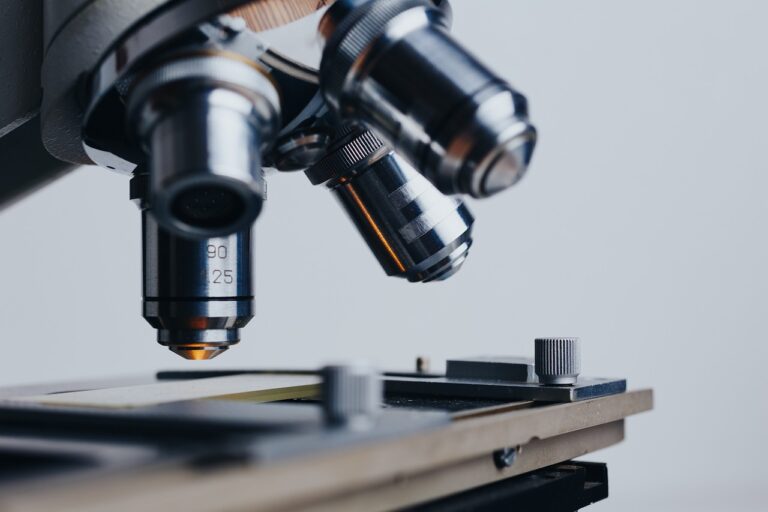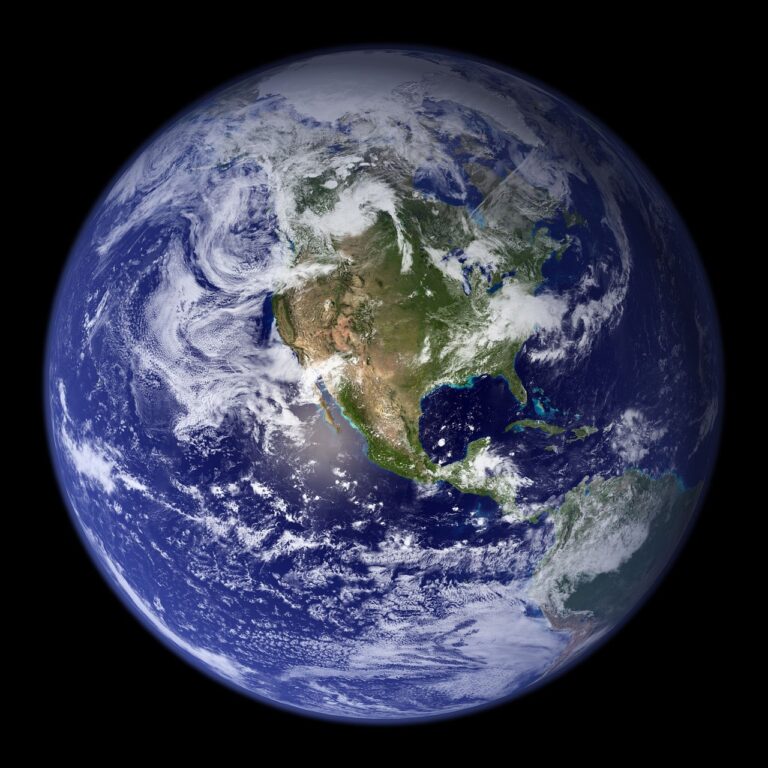Our mission
The Institut Proteus is a French non-governmental organization whose mission is to assist in the transition to a more sustainable food model by developing alternative proteins. The consumption of meat and animal products is increasing globally, as well as in France. Thanks to plant-based products, cultivated meat, and fermentation, we can mitigate the environmental impact of our food system, reduce the risk of zoonotic diseases, and feed more people with fewer resources.


Towards a sustainable food transition
Livestock is responsible for at least 14% of global greenhouse gas emissions. We cannot meet our climate goals without adapting conventional agriculture. Yet, in Europe, meat consumption is increasing. Plant-based food, fermentation, and cultivated meat can help us reduce greenhouse gas emissions by up to 92% without changing people’s habits. Alternative proteins use up to 99% less land, thereby freeing up space to restore habitats and make room for more nature-friendly farming methods.
One Health
Antibiotics are widely used in industrial farming, leading to a dangerous and increasingly uncontrollable resistance. Standards exist in Europe, but they are largely insufficient.
The use of animals for food is also a key driver of pandemics, including Covid-19, mad cow disease, swine flu, avian flu… All these risks are avoided with plant-based meat, cultivated meat, or fermentation.


Feed the world
Growing food, feeding it to animals, and then eating parts of these animals is highly inefficient. According to the World Resources Institute, it takes nine calories of animal feed to produce one calorie of chicken meat, for example.
By 2050, the world will have to feed a population of nearly 10 billion people, and we can’t do it with such an inefficient system. By making meat directly from plants and cultivating it directly from cells, we can feed humans directly, creating a more efficient and fair food system.
It is imperative that French public policies develop the tools that will allow us to sustainably feed the world while respecting natural limits.